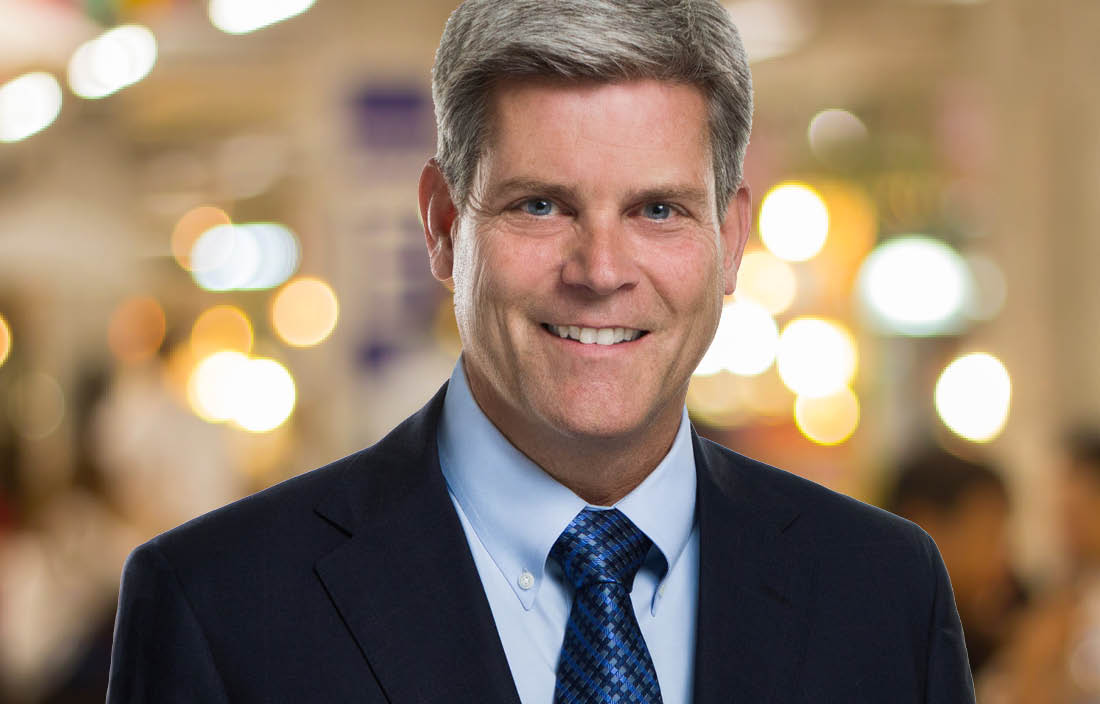For the past four years, I’ve been a board member of New Detroit, a nonprofit organization formed in 1967 to identify and eliminate racial disparities in the region by building economic equity, social justice, and racial understanding. Recently, we had a board meeting with a clear agenda in place. Before we got to the meat of the discussion, however, the chairman asked if there were any comments regarding the appointment of an emergency financial manager (EFM) in Detroit. The entire room came alive, and we spent the next two hours focusing on that highly controversial issue.
People argued passionately on both sides. Those in favor of an EFM argued that the city has been trying to fix itself for years now, to no avail. “We need someone to come in with stronger powers under the law and do what we’ve been unable to do ourselves,” was a common argument. Those who were against the decision saw it as a voter’s rights issue. “Opting for an EFM takes away my right to elect my own representatives,” was the common point of view.
As discouraging as parts of that meeting were, I walked out feeling encouraged. Those two hours epitomized exactly why I value being on the board of New Detroit. It provides a risk-free environment to discuss issues that we often avoid because we’re afraid of offending others who don’t share our points of view. Not only did the discussion give me real insight into two diametrically opposed points of view but it also helped me understand the feelings, thoughts, and emotions on both sides.
My point here isn’t to argue for or against an EFM. Instead, it’s to emphasize how powerful these kinds of discussions can be. It’s often surprising when someone doesn’t share your point of view—“How can someone I respect so much have such different beliefs from me?”—but in taking the time to have these difficult discussions, a greater understanding can emerge. That’s the power—whether or not that understanding leads to change in your own opinions and beliefs.
How about you? Do you have a risk-free environment where you can have difficult discussions and share honest opinions? How can we create more environments like New Detroit?




